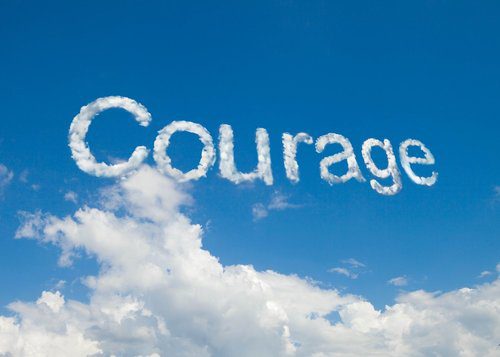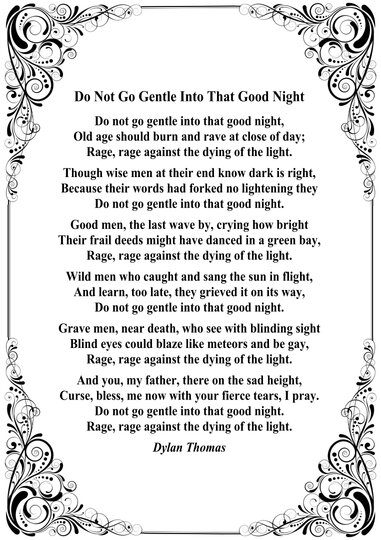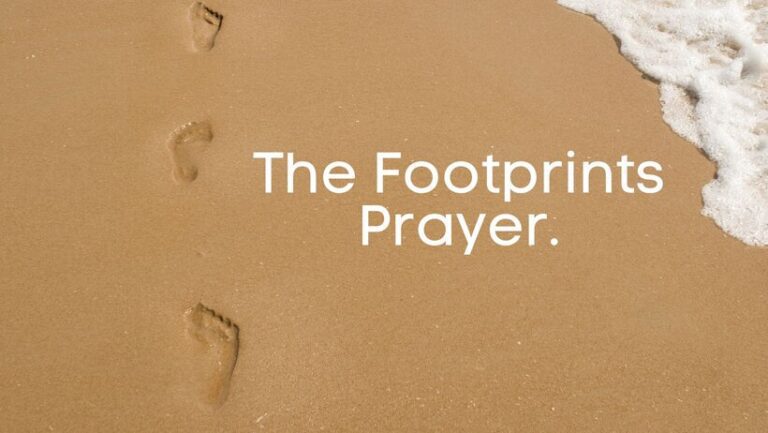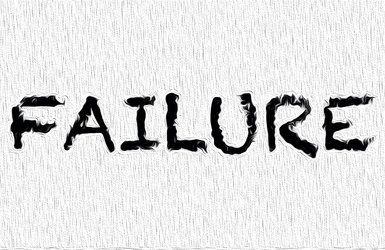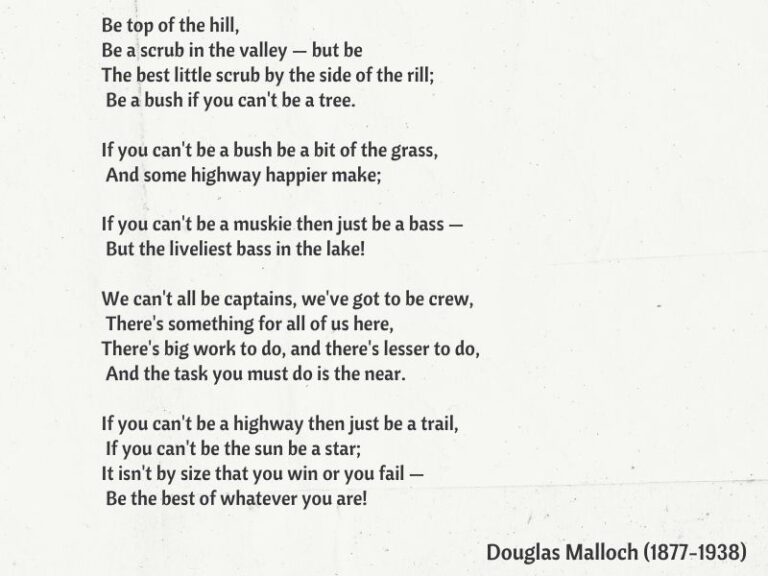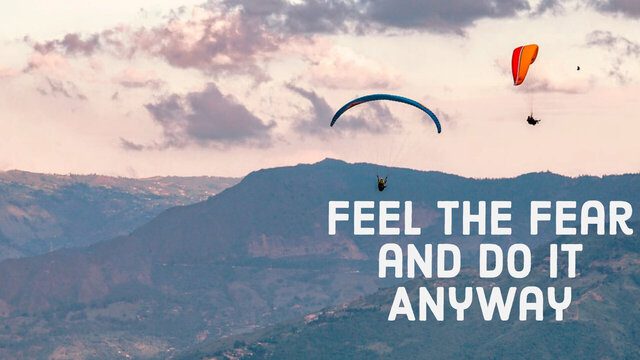I KEEP six honest serving-men
(They taught me all I knew);
Their names are What and Why and When
And How and Where and Who.
I send them over land and sea,
I send them east and west;
But after they have worked for me,
I give them all a rest.
Courage isn’t a brilliant dash,
A daring deed in a moment’s flash;
It isn’t an instantaneous thing
Born of despair with a sudden spring
It isn’t a creature of flickered hope
Or the final tug at a slipping rope;
But it’s something deep in the soul of man
That is working always to serve some plan.
We wear the mask that grins and lies,
It hides our cheeks and shades our eyes,—
This debt we pay to human guile;
With torn and bleeding hearts we smile,
And mouth with myriad subtleties.
Why should the world be over-wise,
In counting all our tears and sighs?
Nay, let them only see us, while
We wear the mask.
Do Not Go Gentle Into That Good Night is a poem by Welsh poet Dylan Thomas. The poem is in the form of a Villanelle and it is suggested to be written for Dylan’s dying father.
One night I had a dream…
I dreamed I was walking along the beach with the Lord, and
Across the sky flashed scenes from my life. For each scene I noticed two sets of footprints in the sand; One belonged to me, and the other to the Lord. When the last scene of my life flashed before us, I looked back at the footprints in the sand. I noticed that many times along the path of my life, There was only one set of footprints.
I also noticed that it happened at the very lowest
and saddest times in my life
This really bothered me, and I questioned the Lord about it.
“Lord, you said that once I decided to follow you,
You would walk with me all the way;
But I have noticed that during the
most troublesome times in my life,
There is only one set of footprints.
I don’t understand why in times when I
needed you the most, you should leave me.
The Lord replied, “My precious, precious
child. I love you, and I would never,
never leave you during your times of
trial and suffering.
When you saw only one set of footprints,
It was then that I carried you.
Failure is ceasing to try!
‘Tis accepting defeat
And to all you may meet
Giving voice to a sigh;
‘Tis in thinking it vain
To attempt furthermore
And in bowing to pain
When the muscles grow sore.
There will always be something to do, my boy;
There will always be wrongs to right;
There will always be need for a manly breed
And men unafraid to fight.
There will always be honor to guard, my boy;
There will always be hills to climb,
And tasks to do, and battles new
From now to the end of time.
“This longing you express is the return message.”
Jalāl al-Dīn Muḥammad Rūmī aka Rumi was a 13th-century Persian poet whose poems I have found to be deeply insightful and inspiring. Here is a recitation of Rumi’s poem “Love Dogs” recited by American poet and popular interpreter of Rumi, Coleman Barks at a Mythic Journeys conference.
In Be The Best Of Whatever You Are poem, American poet and writer Douglas Malloch (1877-1938) implored the reader to be the best at who they are.
If you can’t be a pine on the top of the hill,
Be a scrub in the valley — but be
The best little scrub by the side of the rill;
Be a bush if you can’t be a tree.
The Serenity Prayer is a prayer often attributed to American theologian Reinhold Neibuhr. The prayer has since been adopted and popularized by Alcoholics Anonymous and other 12-step programs. The prayer is one of my favourite prayers to ruminate on during trying times. We live in a world of cacaphonous noise, unending anxiety from a looming, somewhat inevitable world war, a world where whatever can go wrong would eventually go wrong (Murphy’s Law).
The heights by great men reached and kept
Were not attained by sudden flight,
But they, while their companions slept,
Were toiling upward in the night.
We have not wings, we cannot soar;
But we have feet to scale and climb
By slow degrees, by more and more,
The cloudy summits of our time.
The mighty pyramids of stone
That wedge-like cleave the desert airs,
When nearer seen and better known,
Are but gigantic flights of stairs.
The distant mountains, that uprear
Their solid bastions of the skies,
Are crossed by pathways that appear
As we to higher levels rise.
The heights by great men reached and kept
Were not attained by sudden flight,
But they, while their companions slept,
Were toiling upward in the night.
- Henry Wadsworth Longfellow was an American poet and educator
Hold fast to dreams
For if dreams die
Life is a broken-winged bird
That cannot fly.
Hold fast to dreams
For when dreams go
Life is a barren field
Frozen with snow.
Sometimes as an antidote
To fear of death,
I eat the stars.
Those nights, lying on my back,
I suck them from the quenching dark
Til they are all, all inside me,
Pepper hot and sharp.
English poet Charles Tomlinson starts the “Swimming Chenango Lake: Selected Poems” with reference to his work “The Way of a World (1969)”. The Prologue “Swimming Chenango Lake” is an ode to swimming. It reads
If you suddenly and unexpectedly feel joy,
don’t hesitate. Give in to it. There are plenty
of lives and whole towns destroyed or about
to be. We are not wise, and not very often
kind. And much can never be redeemed.

